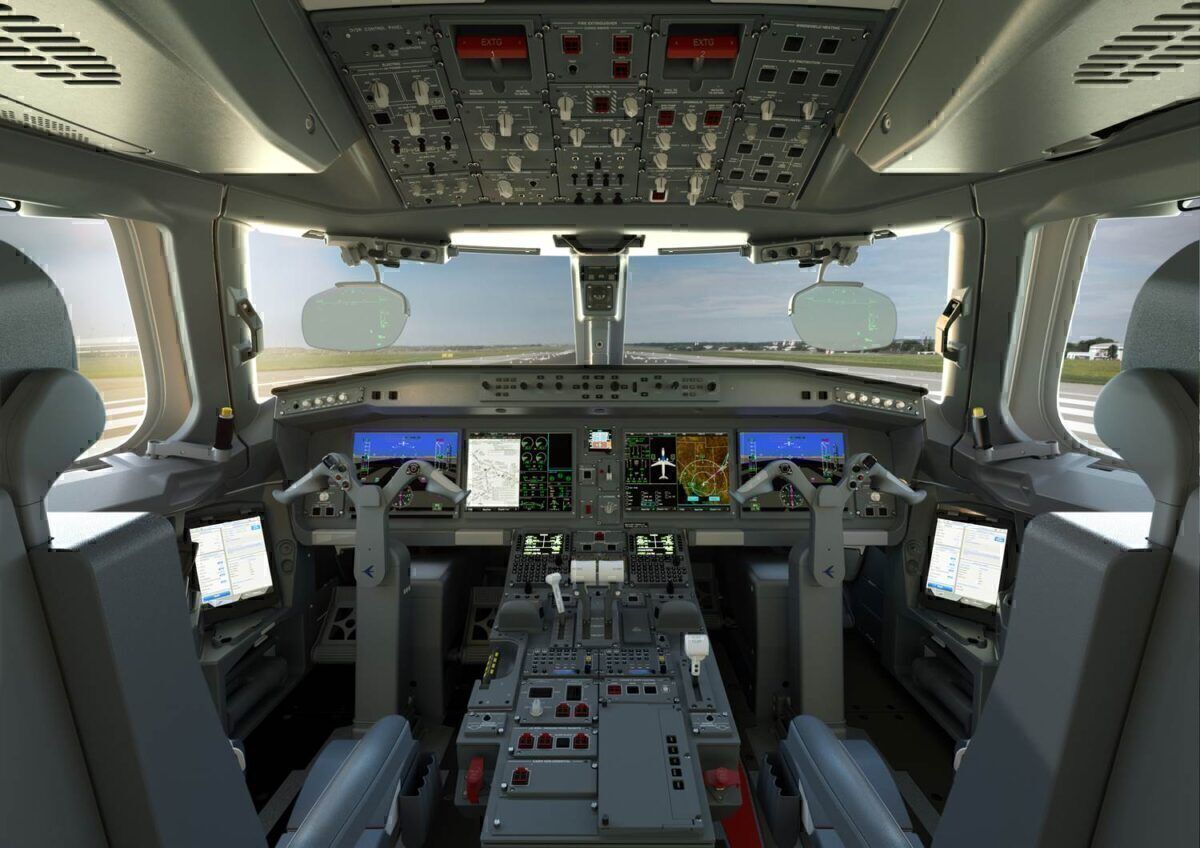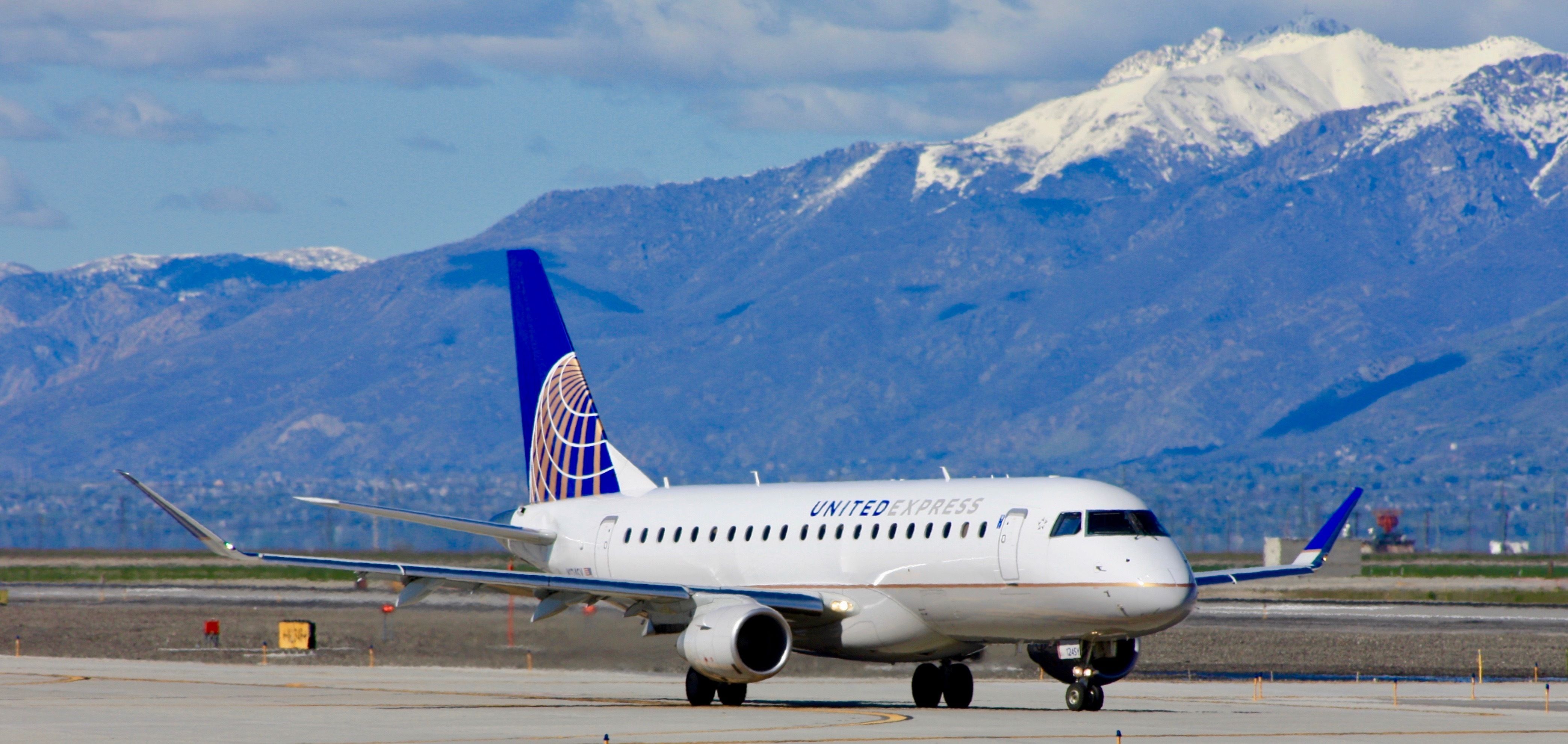Republic Airways has commenced legal proceedings against 12 former students of its pilot training program. The legal action is being brought due to an alleged breach in a contractual agreement that committed the students to work for Republic upon qualification - a stipulation that the airline claims has not been honored.
The legal background to the claims
In the current climate of huge rising demand for air travel, airlines worldwide are scrambling to source more aircraft to meet that demand and, of course, pilots to fly those planes. This buoyant market for pilots has led Indianapolis-based Republic Airways, along with its associated pilot training organization, Leadership in Flight Training Academy (LIFT), to commence legal action against 12 of its former students.
Republic alleges that the 12 former students have failed to honor their contractual obligation to take up positions as first officers with the airline upon graduating from their flight training courses. Between October 6th, 2022, and January 25th of this year, Republic filed 12 separate lawsuits, each one against an individual defendant who had enrolled in Republic's LIFT Academy.
The Indiana Lawyer reports that the basis of each legal claim being brought is broadly similar to the others in their content. In each of the 12 cases, Republic claims that the defendants owe money for tuition reductions offered under the agreement that the defendants would take up jobs with Republic upon graduation.
The legal issue is that upon graduating from their course, the 12 opted to fly for other carriers rather than join Republic.
Details of the cases
In one case, the airline states that one student received a US$20,000 tuition discount in exchange for their agreement to accept a job offer as a first officer at Republic after completing flight training. The student's enrollment agreement also included a commitment that they would work for Republic for five years of continuous employment.
In seeking restitution for the trainee's failure to fly for Republic, the carrier seeks damages for a $20,000 tuition discount plus an additional $9,700 in tuition assistance payments they received while training. The lawsuit states that the total costs of the student's training program would have been $85,000. The student is yet to respond to the legal claim formally.
In another case filed in October last year, Republic alleges that another former student owes $31,550 after they took a job for a fellow regional airline, Envoy Air, rather than fulfill their commitment to work for Republic. In this case, the defendant has filed a response to the lawsuit, claiming that Republic breached its contract with them first by failing to offer them a job in a "timely fashion."
According to court documents, each of the 12 defendants signed LIFT Academy enrollment agreements between September 2018 and October 2019. Republic alleges the defendants owe it varying amounts ranging from $27,000 to $55,000. Between the 12 cases, Republic is seeking a combined total of $406,550 in back tuition fees from the defendants.
Of the 12 cases, 11 are still pending. The twelfth case was concluded in late January. According to the Indiana Lawyer, a confidential settlement agreement was reached between the parties, with the specific details not being made public.
In a statement commenting on the outstanding legal cases, a Republic spokesperson said,
“We committed to make a significant investment in these pilots by providing highly subsidized flight training at LIFT Academy, and subsequent career development, all done to support the pilots in obtaining their necessary operating experience.”
Republic said its pay and benefits for first-year pilots exceed $100,000 and that the airline incurs substantial direct and indirect costs when students break their agreements to begin their careers at Republic.
Shortages creating a competitive pilot market
The legal action is taking place amid a severe pilot shortage, not just in the United States but worldwide. As they clamber to find more pilots to fly their planes, airlines are raising entry-level salaries to incentivize newly qualified pilots to join their ranks.
This is creating a competitive marketplace for new pilots, who can pick and choose between numerous carriers to find the one that suits them best. Often, but not exclusively, this decision will primarily be based on remuneration.
In the United States, most regional airlines currently pay pilots $90 to $100 per hour. Some also offer sign-on bonuses and other financial incentives. This is effectively creating a bidding war, resulting in pilots jumping from the regional level to the major carriers and also between regionals.
While Republic's starting salaries are reported to be in line with the other US regional carriers, airlines can structure their remuneration packages differently to make them appear more attractive. The type of aircraft available to fly, along with rosters, working environment, and the selection of bases on offer, can all play their part when pilots select who they will fly for.
Pilot shortages are here to stay
According to US-based consulting firm Oliver Wyman, the worldwide aviation industry will face a shortage of nearly 80,000 pilots by 2032 if conditions continue on their current trajectory.
The shortage of pilots is also being exacerbated by other factors, particularly in the US. Federal Aviation Administration rules dictate that commercial airline pilots must retire at 65. The COVID-10 pandemic prompted many pilots late in their careers to retire early. Equally, not enough pilots are being trained to replace those leaving.
The prevailing situation is especially tough for regional airlines such as Republic, which operates 231 Embraer regional jets on behalf of American, Delta Air Lines, and United across the US. Regional airlines are often the first step on the ladder for pilots entering their commercial careers.
The major carriers recruit many of their flight crews from the regional airlines, offering higher wages and better benefits. This can often leave the regional carriers continuously struggling to replenish their ranks. This situation is made even more challenging as these regionals battle amongst themselves to recruit the best candidates.
Source - The Indiana Lawyer. ch-aviation.com

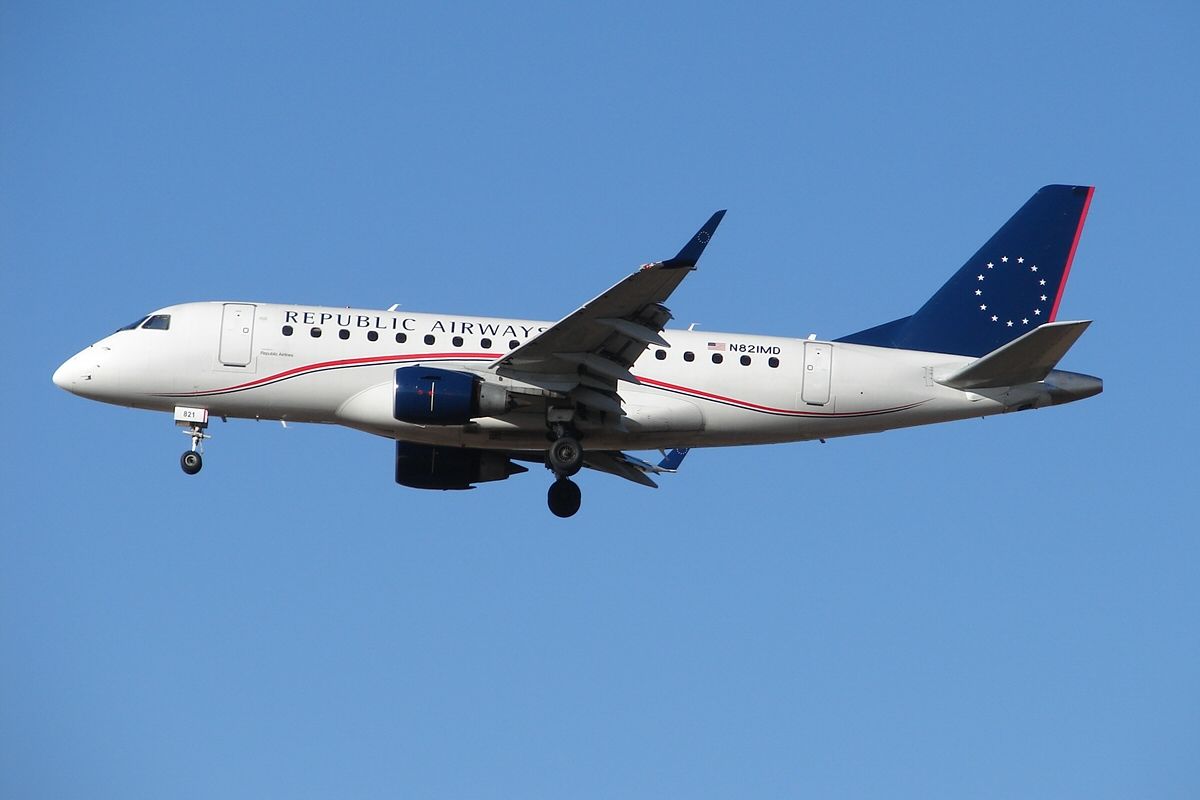
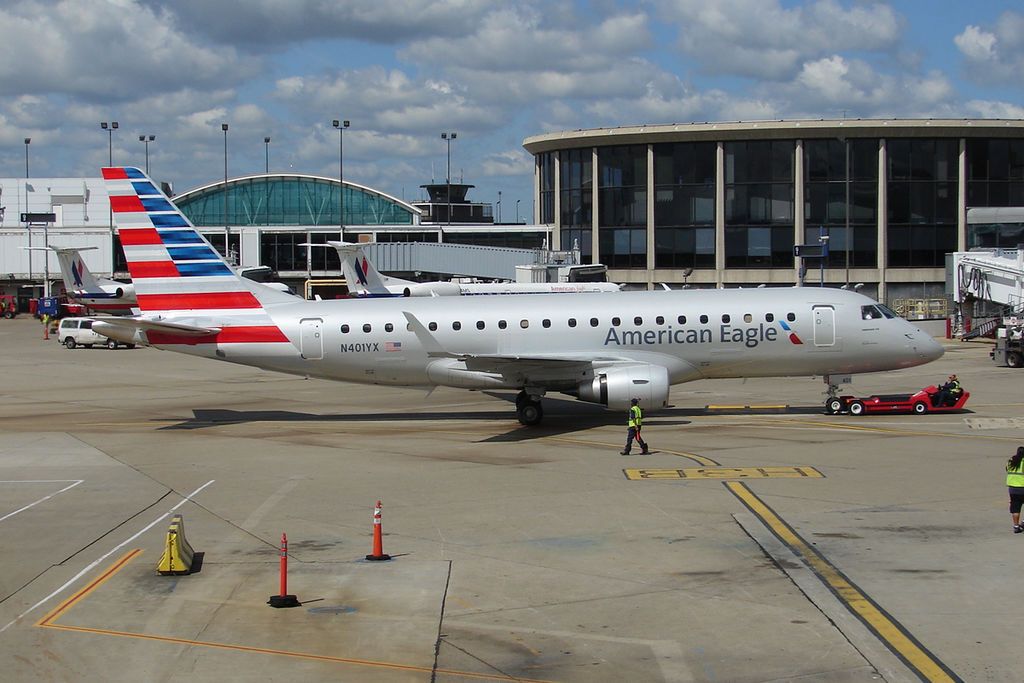
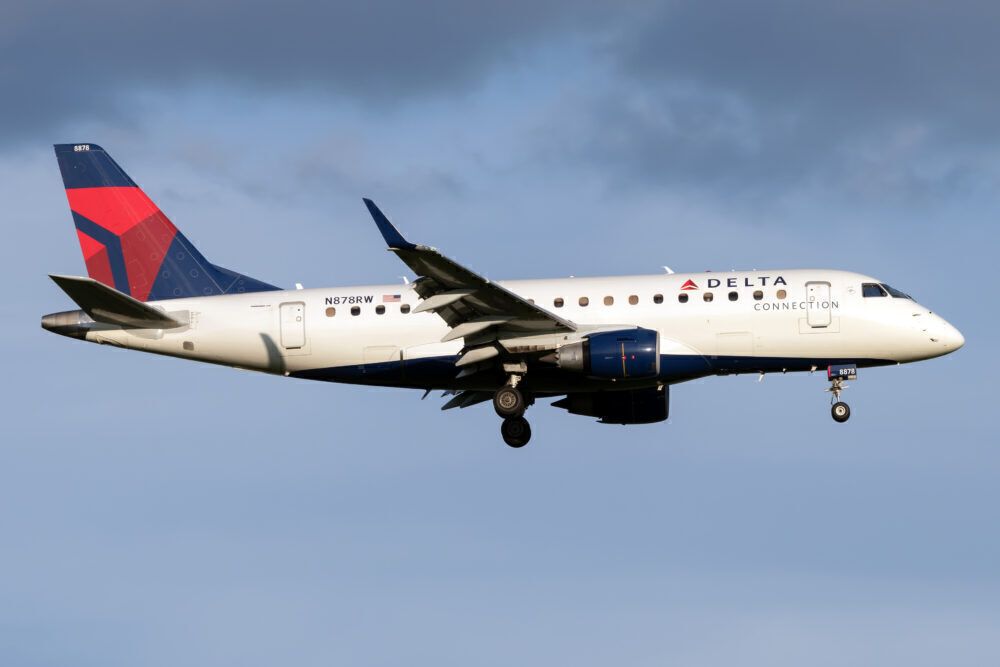
.png)
